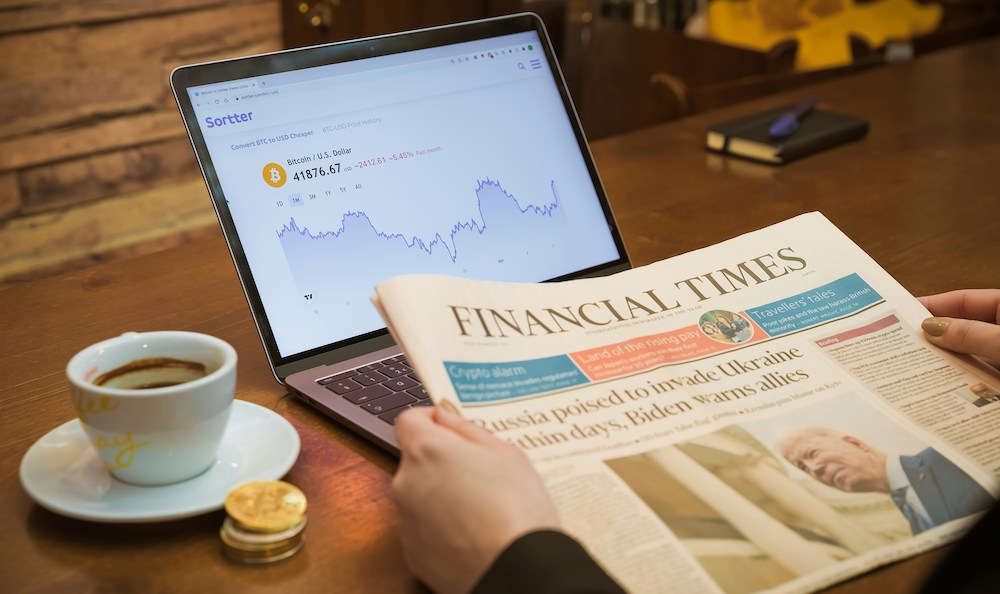ProSiebenSat.1 has issued preliminary results for 2023, a year of significant ups and downs at the German broadcaster. Though its full-year earnings came in below those of 2022, a more positive fourth quarter brought the year to a strong close for the media group.
The company’s Q4 2023 earnings beat expectations with a “significant increase” in EBITDA, which climbed 11 percent YoY to reach €335 million during the quarter.
But this wasn’t enough to offset a weaker first half of the year. ProSieben’s EBITDA for the full year was €578 million, representing a 15 percent YoY decline. Group revenues were also down around 7 percent YoY, amounting to 3.85 billion during 2023.
Prosieben attributed one-third of the full-year revenues to the “important fourth quarter”, which brought the company €1.28 billion. The group’s net financial debt also decreased by 4 percent during Q4, and now stands at €1.546 billion.
“We ended 2023 on a good note,” said ProSieben CFO Martin Mildner. “In the crucial fourth quarter, our advertising revenues in the DACH region were slightly above the previous year’s level and we were able to improve our performance in many parts of the Commerce & Ventures portfolio. At the same time, our cost measures are taking effect, which strengthens our profitability. This gives us confidence for 2024, even if the economic environment remains challenging.”
New content
The group said it will continue to operate a “lean cost structure”, noting the positive impact the savings are having on its overall earnings. This will also open up headroom for investments, especially in local content, according to the company.
As a result the group has raised its expectations for 2024, though still anticipates slightly weaker earnings than 2023. The group has forecast full-year EBITDA around €575 million, noting the effect of increasing its programming investments.
In October, the company announced plans to invest over €1 billion in content during 2024. The strategy aims to bring new content to Joyn, Prosieben’s streaming service, thereby driving subscriber growth and ad revenues. CEO Bert Habets said the investment would help offset the decline in linear TV revenues.
“There has been an unprecedented decline in the TV advertising market,” he said in October. “But that is why we are pivoting so much on building Joyn and our other digital assets. Digital revenues are growing at double digit growth despite the decline in the TV market.”
He added that the digital business should offset the TV decline “in two to three years time”. The strategy is similar to that of Channel 4 in the UK, which aims to have digital revenues make up 30 percent of total revenues by the end of this year, and over 50 percent by 2030.
And like Channel 4, the transition from linear broacaster to streaming business has seen Prosieben affected by heavy job losses. The German group cut around 400 full-time jobs last year in restructuring efforts to position Joyn as the company’s focus.
Discontent
Meanwhile the Berlusconi family-owned MFE continues to up its stake in Prosieben, reportedly frustrated by the German broadcaster’s strategic efforts. In November, MFE CEO Pier Silvio Berlusconi said the company was underperforming, and should look to cash in on its digital and e-commerce businesses to focus more on TV and entertainment.
And last week, Austria’s competition regulator approved MFE’s plans to up its stake in ProSieben, paving the way for the holding company to gain de facto sole control of the German broadcaster.
Prosieben’s preliminary results shed little light on the digital and e-commerce businesses in question, but noted improved performance in “many parts of the Commerce & Ventures portfolio.” The company will publish its full figures for 2023 on 7th March, when investors may gain greater clarity over the performance of those assets.




